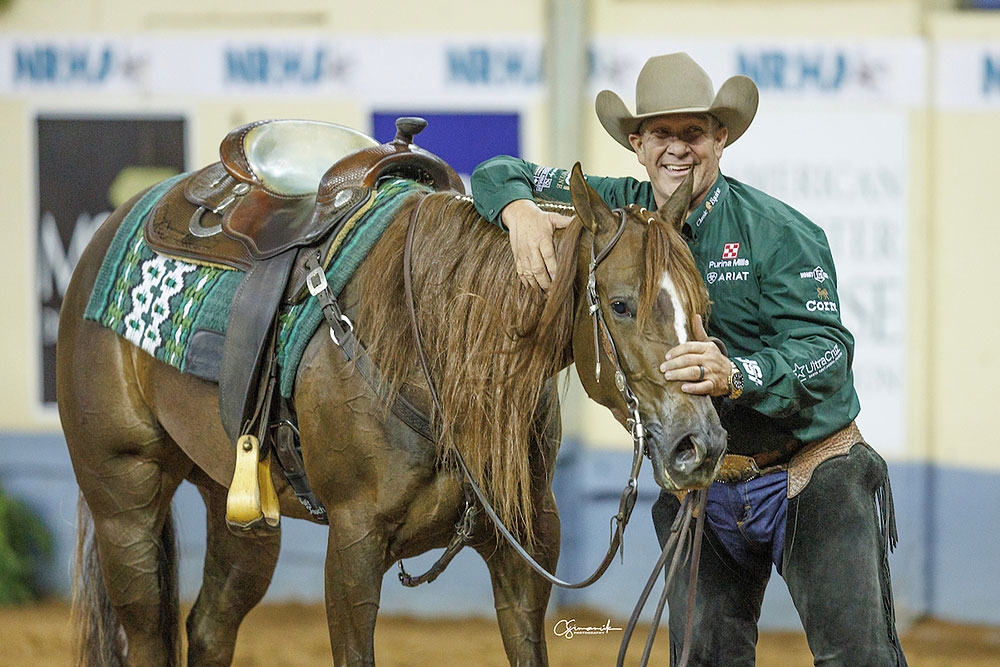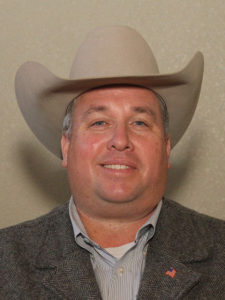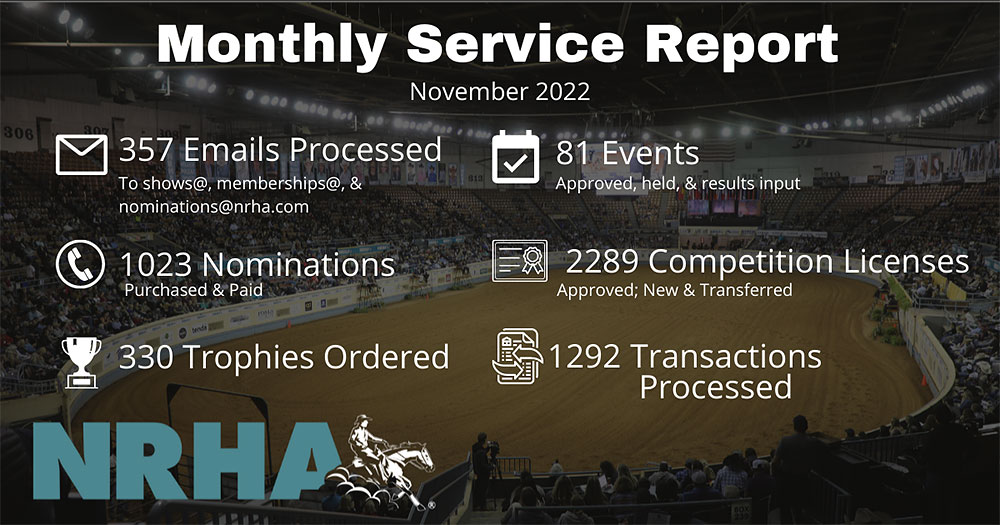The National Reining Horse Association (NRHA) is thrilled to announce the Top 20 Standings list for the 2022 year in each sector—Professionals, Non Pros, and Owners. NRHA’s Top 20 program is designed to feature the talent of the association’s top riders and owners each year. These frontrunners of each section are true representatives for the sport of reining in competition as well as in the industry day to day.
Along with the Top 10 World Standing Finalists, the NRHA Board of Directors will welcome all Top 20 Professionals, Non Pros, and Owners to the coveted awards ceremony to be recognized. This event will be held during the 2023 6666 NRHA Derby presented by Markel, which takes place June 13–25 in Oklahoma City. Members from around the globe will be invited to the event to enjoy an evening of fun, food, and recognition. The exact date of the event will be posted as the show schedule is confirmed.
The NRHA congratulates the following 2022 NRHA Top 20 Professionals, Non Pros, & Owners:

Professionals
- Shawn Flarida
- Casey Deary
- Fernando Salgado
- Andrea Fappani
- Matt Mills
- Jordan Larson
- Cade McCutcheon
- Jason Vanlandingham
- Trevor Dare
- Craig Schmersal
- Gabriel Borges
- Jared Leclair
- Abby Lengel
- Grischa Ludwig
- Duane Latimer
- Bernard Fonck
- Ann Fonck
- Brian Bell
- Martin Larcombe
- Manuel Cortesi
*Category 1–10, Open earnings

Non Pros
- Gina-Maria Schumacher
- Mandy McCutcheon
- William Clutter
- Indy Roper
- Jack Medows
- Chandler Winard
- Tish Fappani
- Jose Vazquez
- Mariana Vazquez
- Charles Wiederholt
- Emma Vanlandingham
- Francesca Sternberg
- Lane Colston
- Monica Hicks
- Molly Morgenstern
- Emily Opell
- Taylor Zimmerman
- Samuel Flarida
- Christine Trautman
- Ewald Rifeser
*Category 1–10, Non Pro earnings

Owners
- Arcese Quarter Horses USA
- XCS Ranch LLC
- Tim J. Anderson
- Smart Like Juice Inc.
- Tom & Mandy McCutcheon
- Gilberto Leal
- Tim & MaryBeth Ruckman
- Devin K. Warren
- Vaughn C. Zimmerman
- Robert Santagata
- Amy E. Medows
- Clark Reining Horses LLC
- Puno Performance Horses, LLC & Jody Puno
- Jay H. Clutter
- Katarzyna Roleska
- Abby Lengel
- George & Carol Bell
- Casey & Kathy Hinton
- Andrea & Tish Fappani
- Neiberger Performance Horses, LLC
*Category 1–10 earnings
Congratulations again to all Top 10 mentioned, who continue to grow the sport of reining and represent the association to the uppermost standard. The official results list can also be seen here.













